

Safe food preparation is vital, that's why these safety tips are so important. E-coli and salmonella are not a joking matter! These tips are being provided as a part of good home organization. I hope you find them useful.
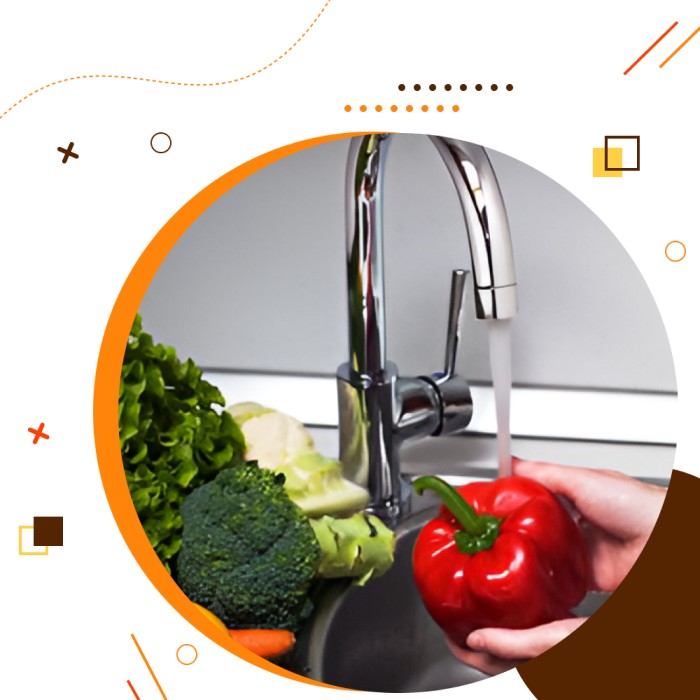
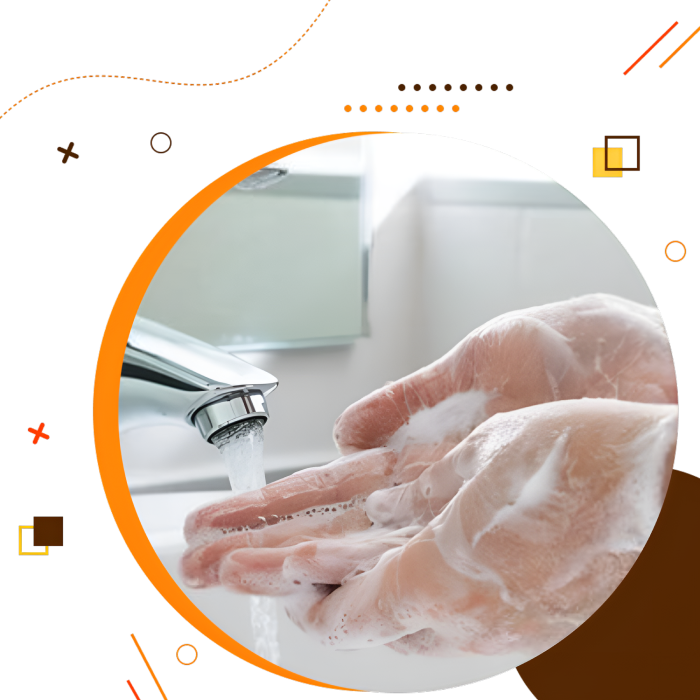
Hands can spread germs and bacteria. They can easily get into the food you are preparing. Wash your hands thoroughly with soap and very warm water :

Salmonella and e-coli can easily enter foods. When handling meat, fish or poultry, eliminate contaminating other food by :
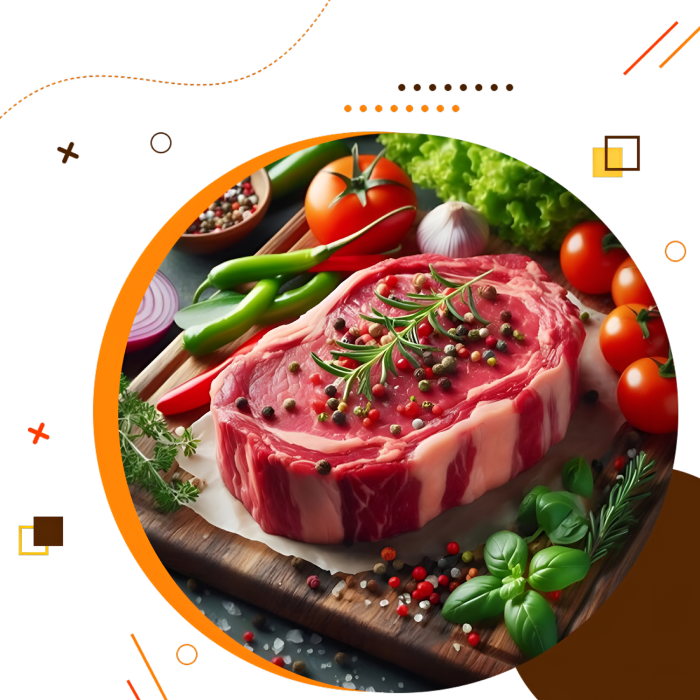
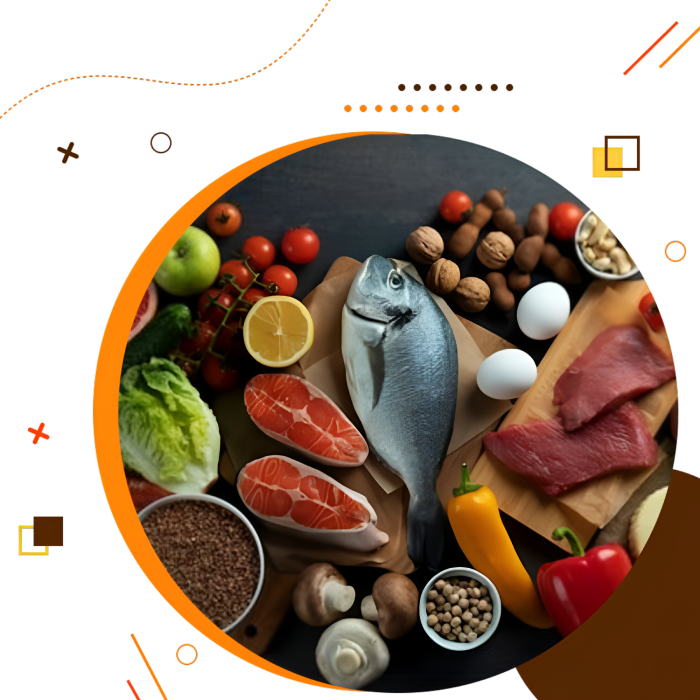
These can contain e-coli if not handled and stored properly.

Fresh fruits and vegetables are vital to health. Use these handy tips to be safe and make the best choices.
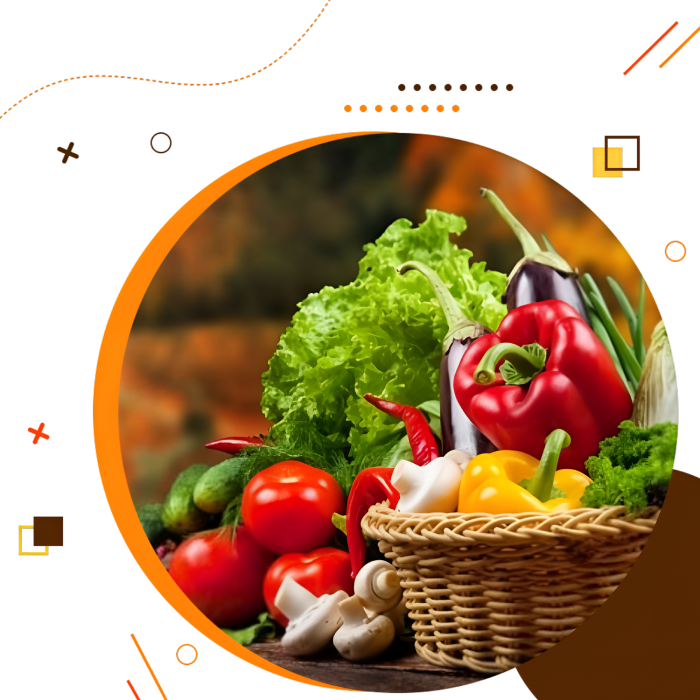
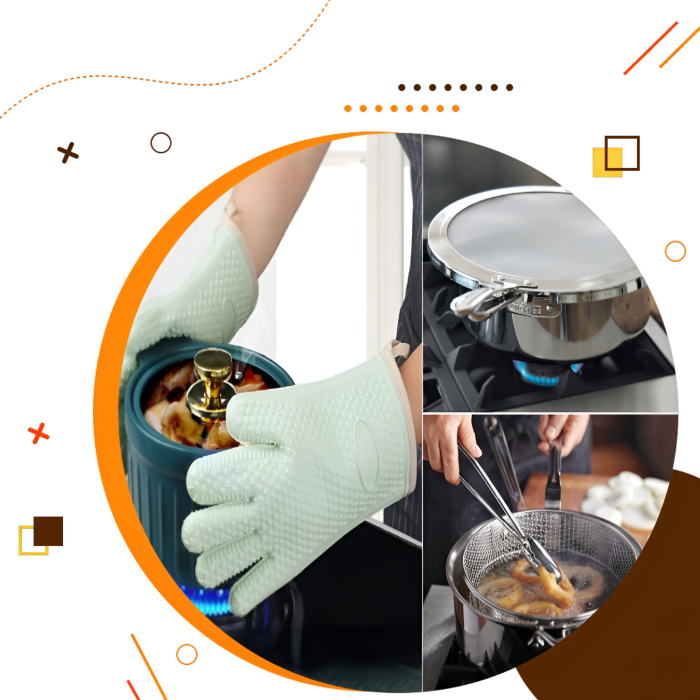
When handling hot pots, pans, bake ware, etc., caution is advised!





© Copyright 2024 Kgo All Rights Reserved